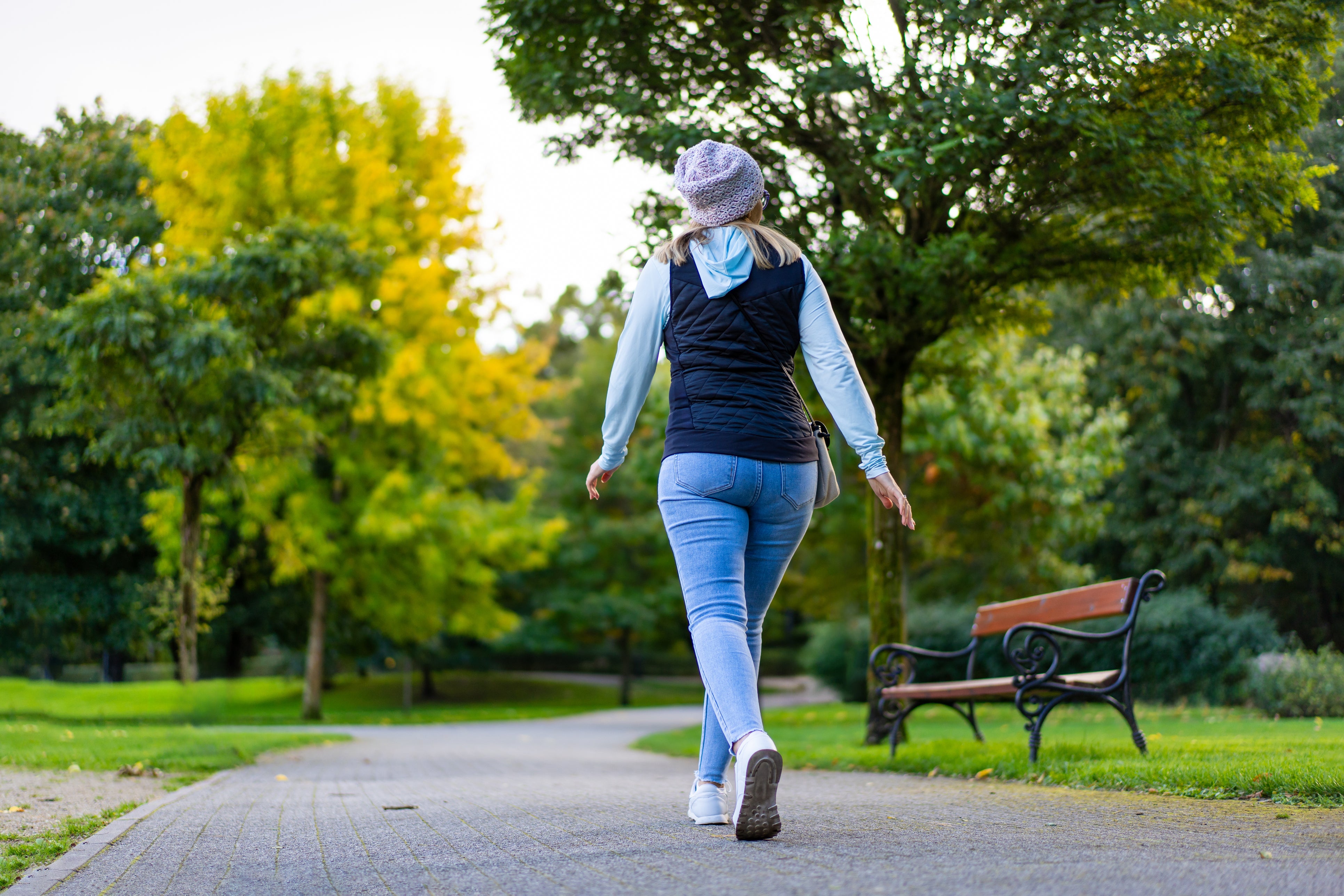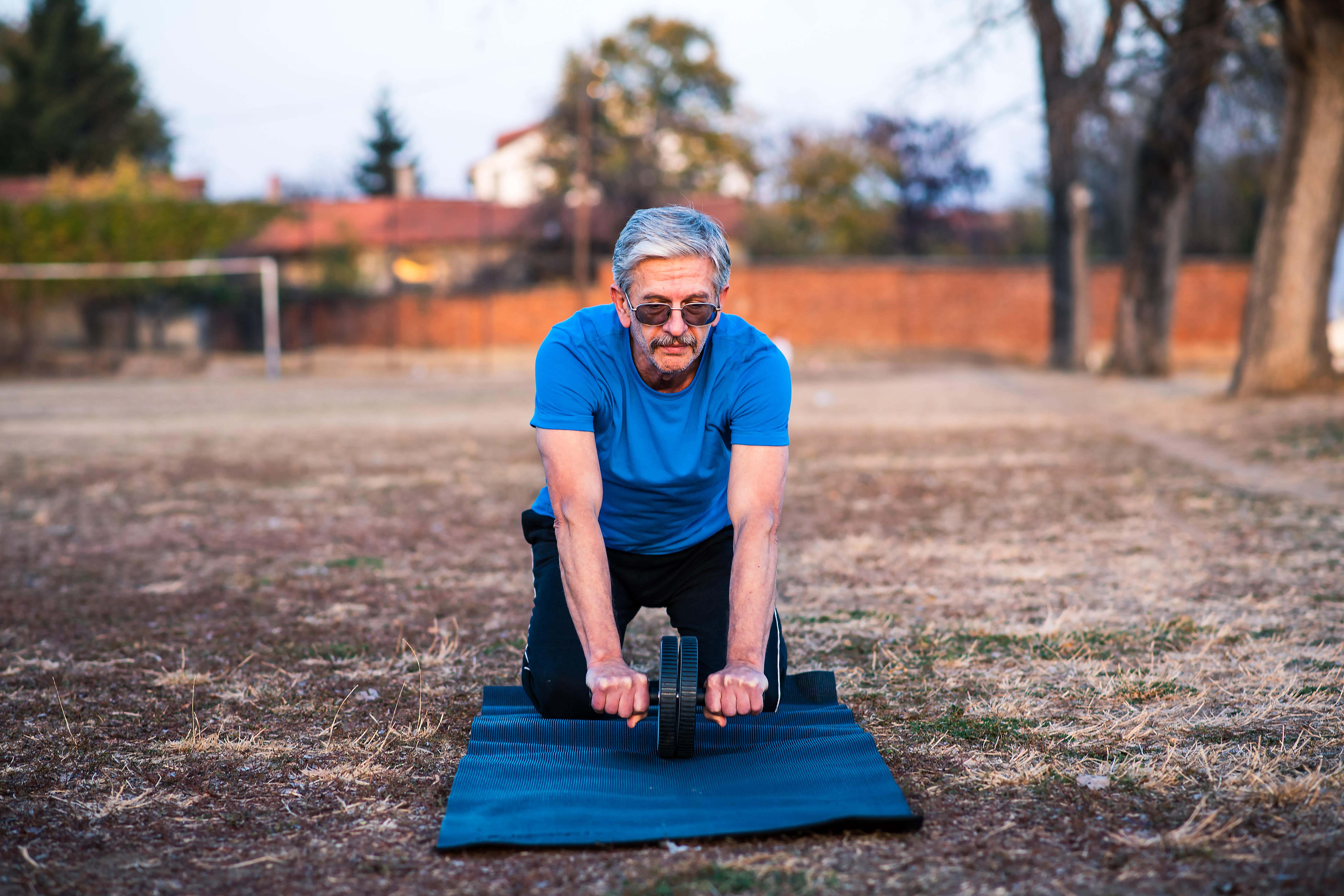A structured exercise routine can reduce the risk of death for people with colon cancer by more than a third, a study has found.
The results, unveiled at the American Society of Clinical Oncology (ASCO) conference on Sunday, could transform how colon cancer is treated around the world, the researchers said.
The scientists hope the findings will prompt healthcare providers to integrate exercise plans into routine cancer care.
The CO21 CHALLENGE trial, published in the New England Journal of Medicine, followed 889 people with colon cancer across six countries, including the UK.
It found that a structured exercise programme significantly reduced the likelihood of the disease returning and improved overall survival compared with standard advice.
After five years, 80 per cent of patients who followed a tailored exercise regime were cancer-free, compared with 74 per cent of those who were offered just health education materials.
This means the risk of dying, cancer coming back, or developing a new cancer was 28 per cent lower in the exercise group.

After eight years, survival rates were 90 per cent in the exercise group compared to 83 per cent in the health education group, representing a 37 per cent lower risk of death.
More than 31,000 people in the UK die from colon cancer every year, according to Cancer Research UK.
The study was part-funded by Cancer Research UK’s Stand Up To Cancer campaign and carried out in collaboration with the Canadian Cancer Trials Group (CCTG).
The three-year programme saw patients supported by physical activity consultants, starting with weekly in-person sessions for the first six months and moving to monthly sessions either in person or online. Activities were tailored to the individual, from brisk walking to gym-based circuit training.
Among the patients to benefit from the trial was Margaret Tubridy, 69, from north Belfast.
Before her cancer diagnosis, she said she had never exercised. Now, five years on, she says she is lifting weights, pole walking and taking part in gym classes twice a week.
“It’s been almost five years since my cancer diagnosis and if I meet anyone, I tell them I am doing great,” she said.
“Taking part in the trial helped me so much – I am stronger, fitter, and my anxiety is better. I never thought at 69 years of age I would be able to do all of this – I am chuffed to bits.”

Professor Vicky Coyle, UK lead researcher and clinical professor at Queen’s University Belfast, said the study gives “clear and encouraging” evidence that physical activity can reduce colon cancer mortality.
“We now need to work with policymakers and healthcare providers to embed exercise into treatment plans where appropriate,” she said.
Cancer Research UK said the findings should act as a wake-up call for health services, adding it could “transform clinical practice”.
However, Caroline Geraghty, senior specialist information nurse at the charity, said this can only happen “if health services have the necessary funding and staff to make it a reality for patients”.
She added: “It’s important to remember that every cancer journey is different – starting new activities after treatment can feel overwhelming, and it may not be the right option for everyone. Take things at your own pace and speak to your doctor to discuss what is safe for you.”
The researchers said more work is needed to explore the biological mechanisms behind exercise’s effect on cancer, but the evidence is already strong enough to prompt urgent action.









